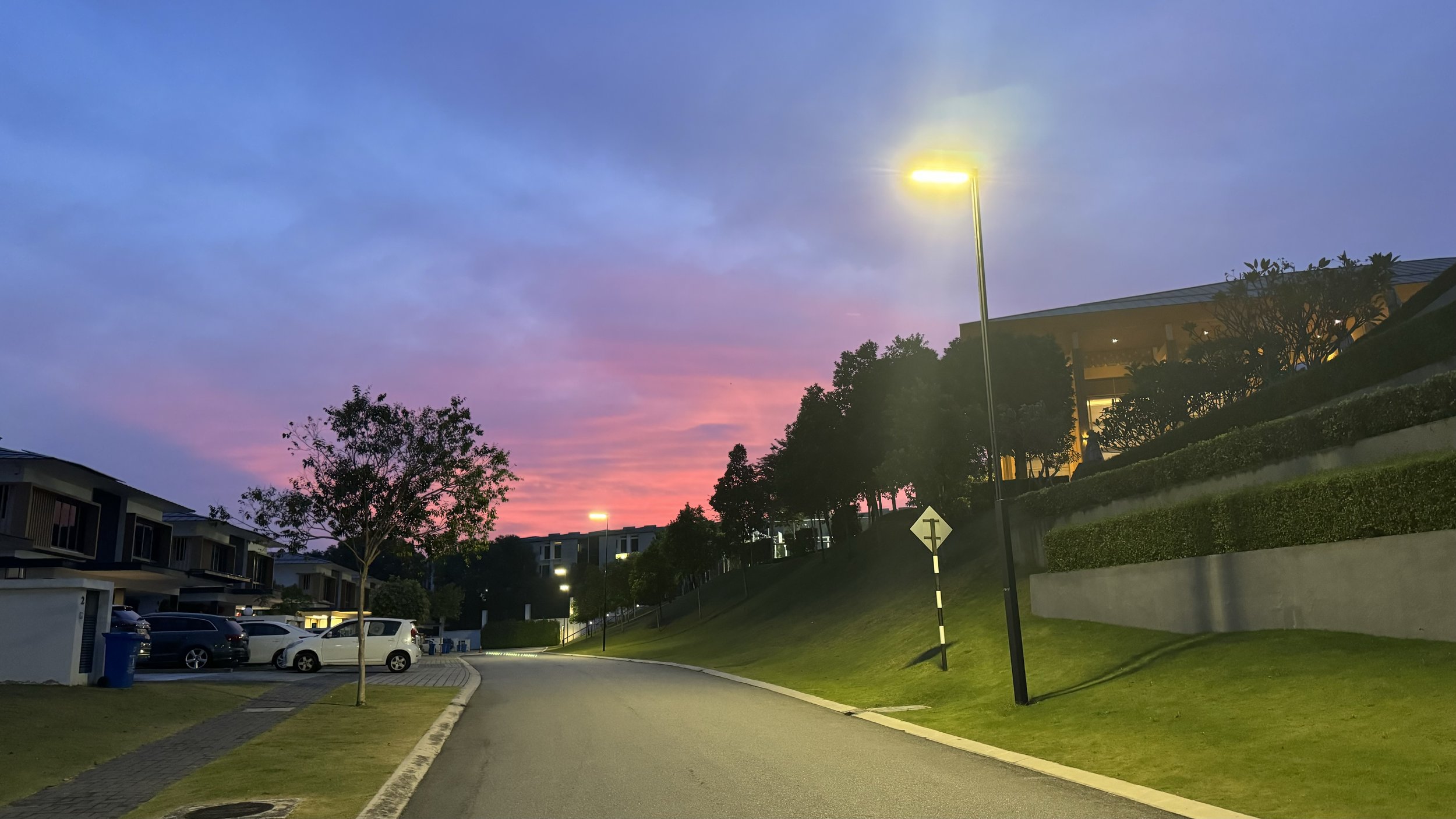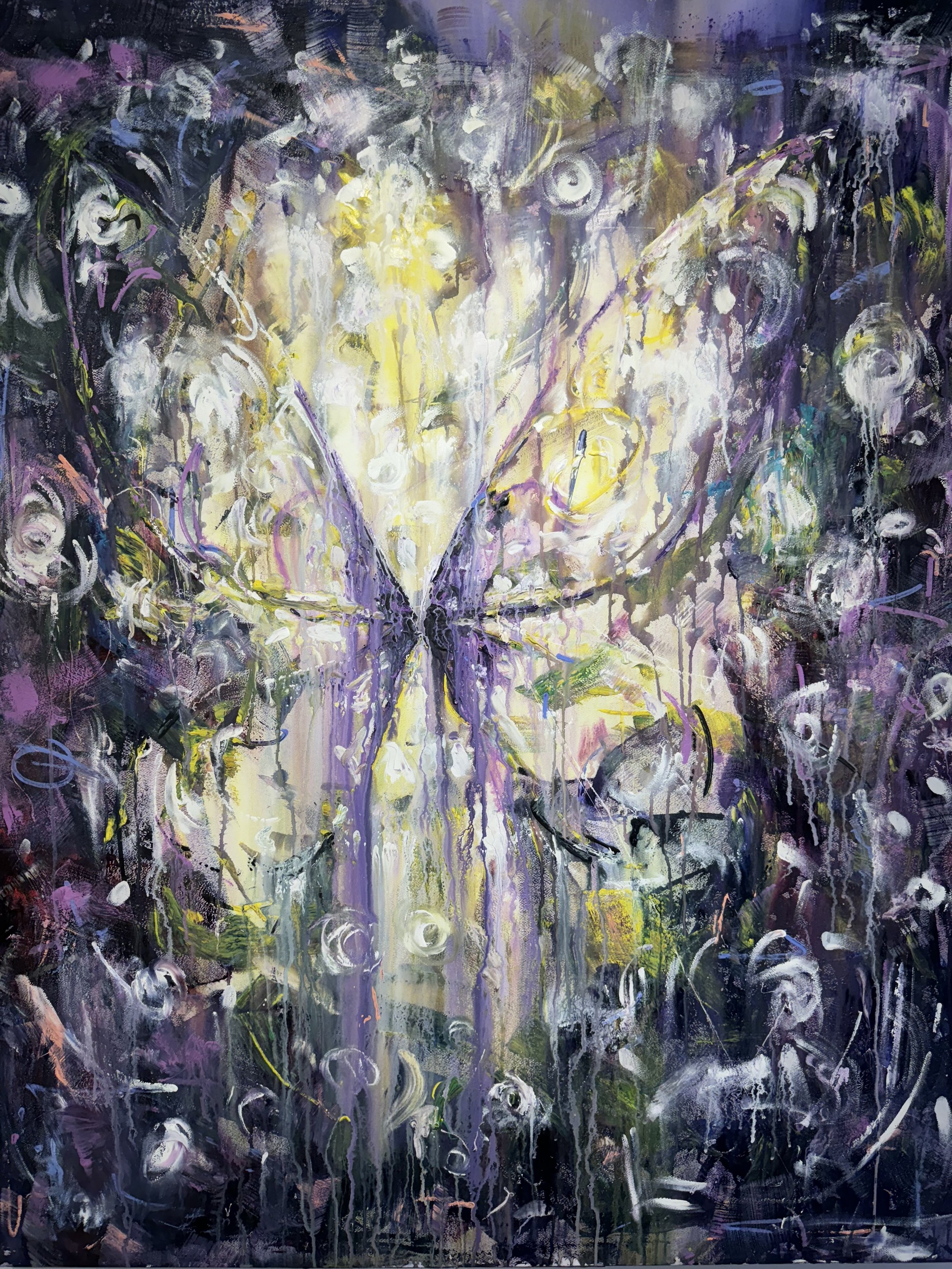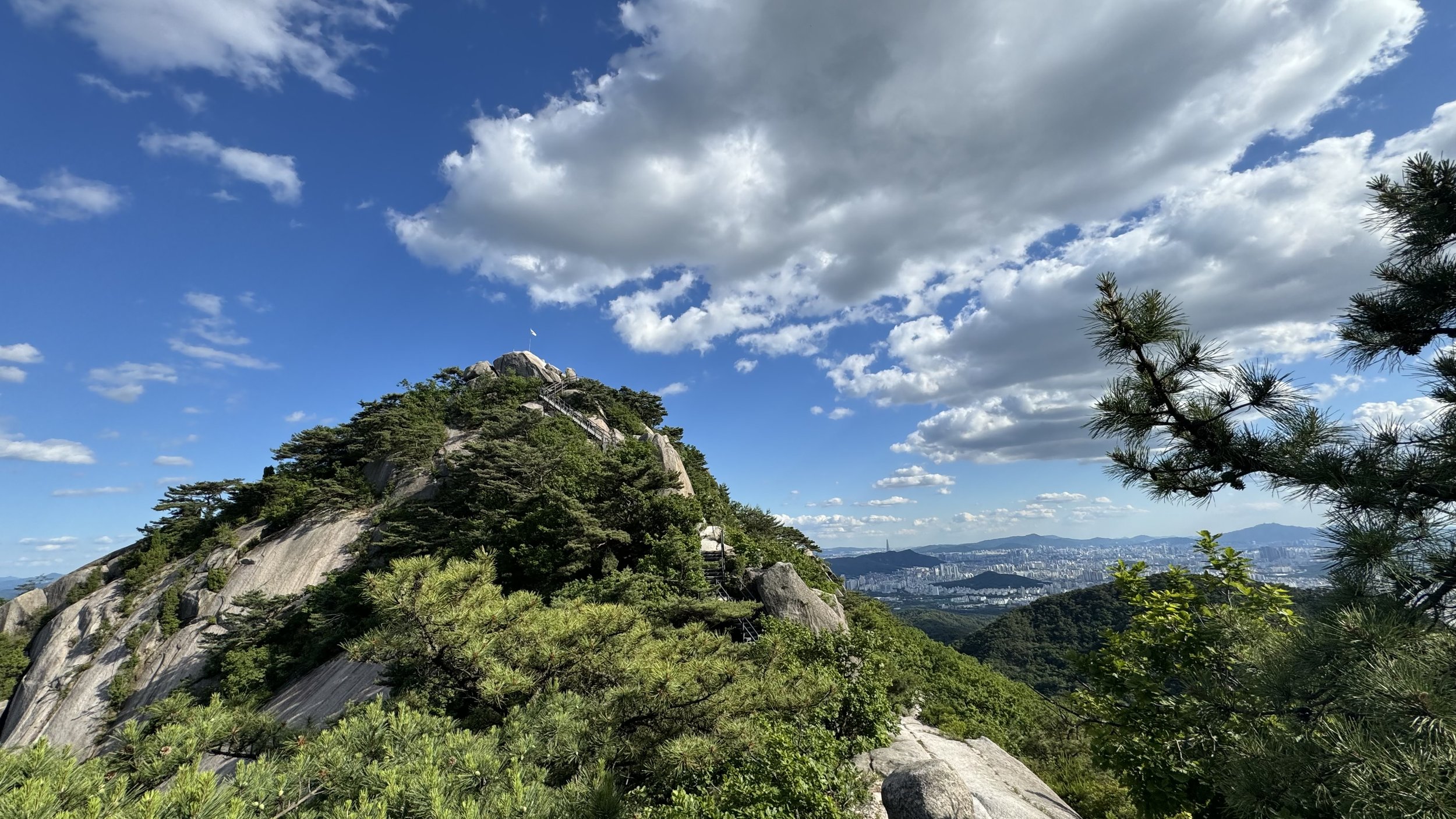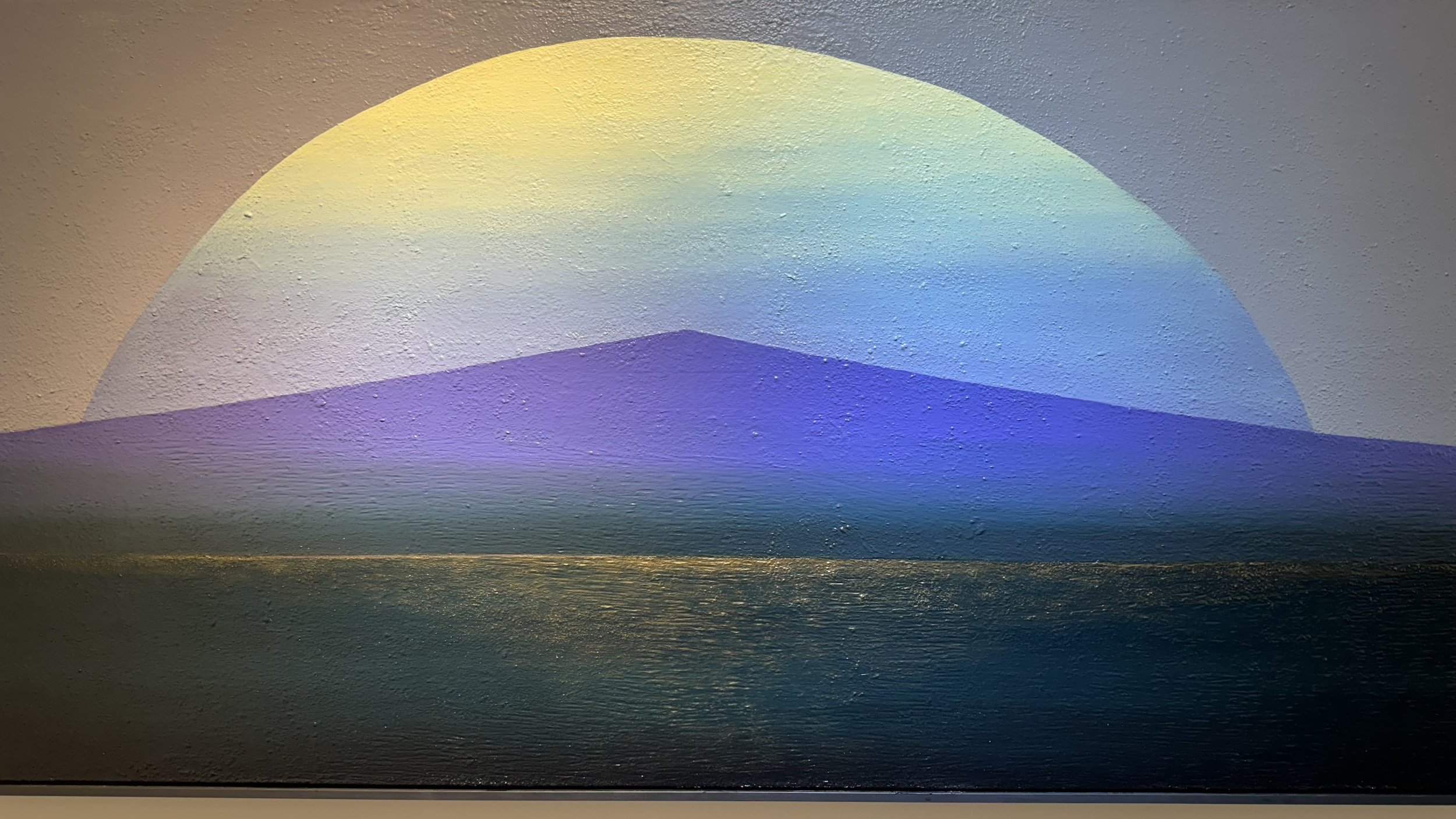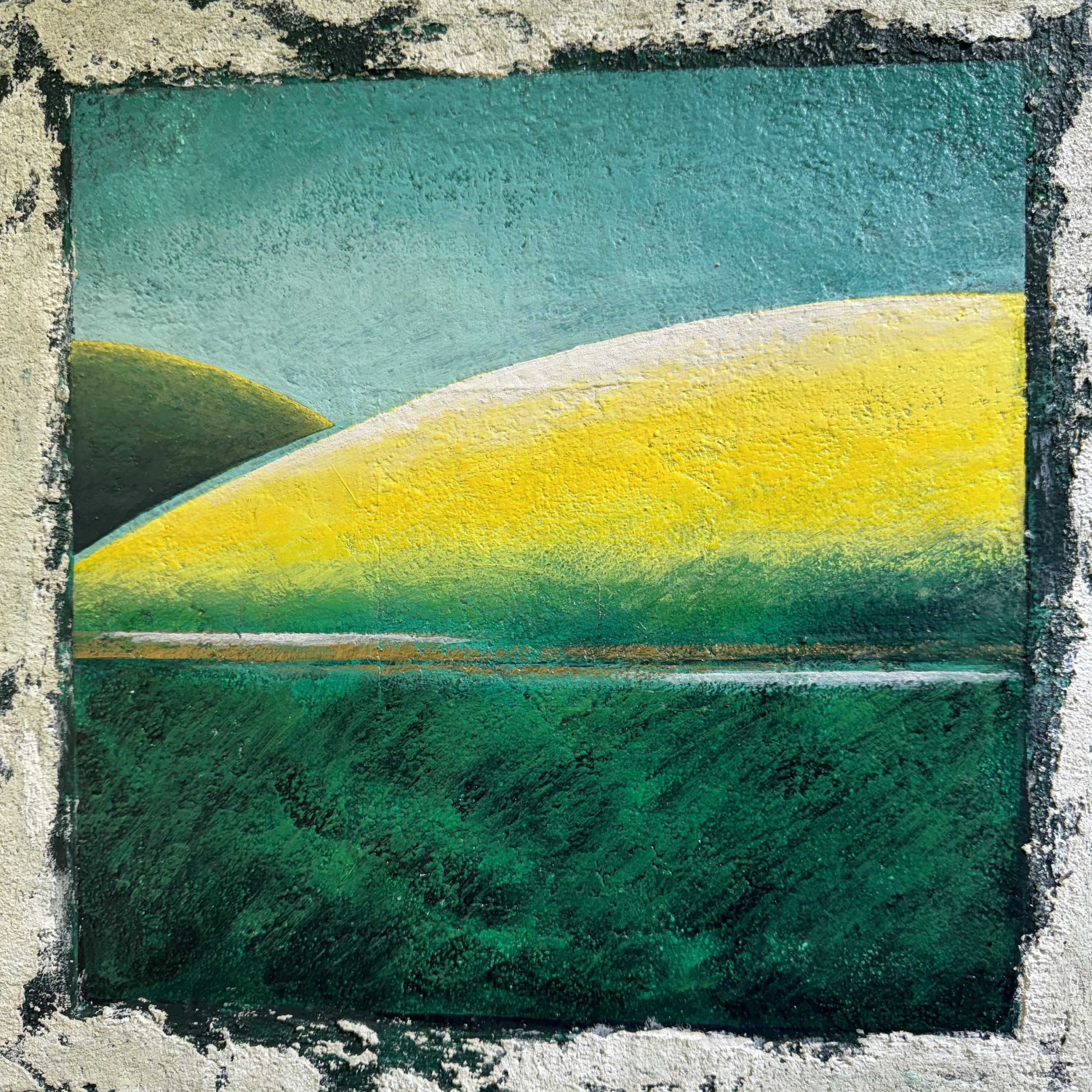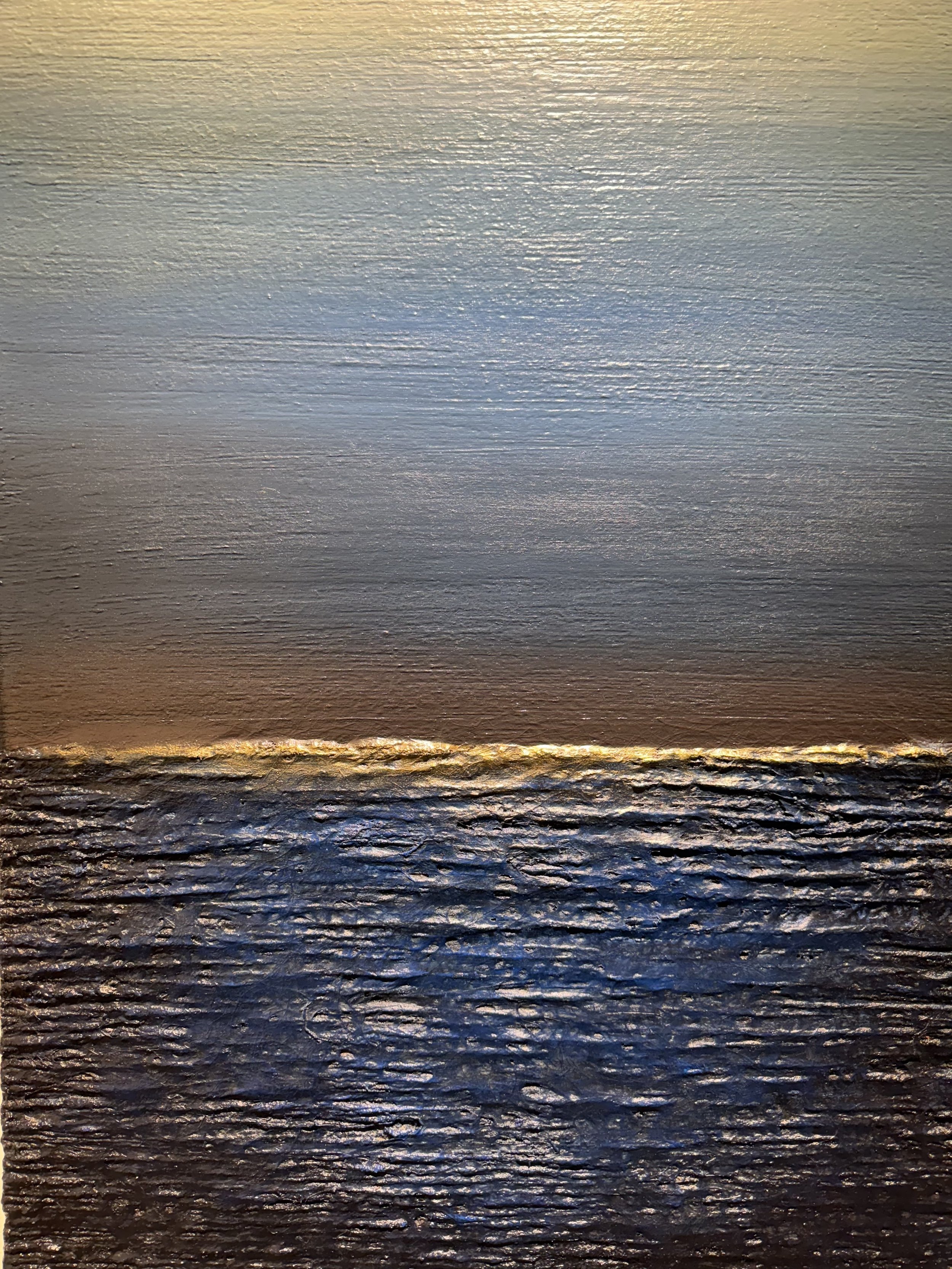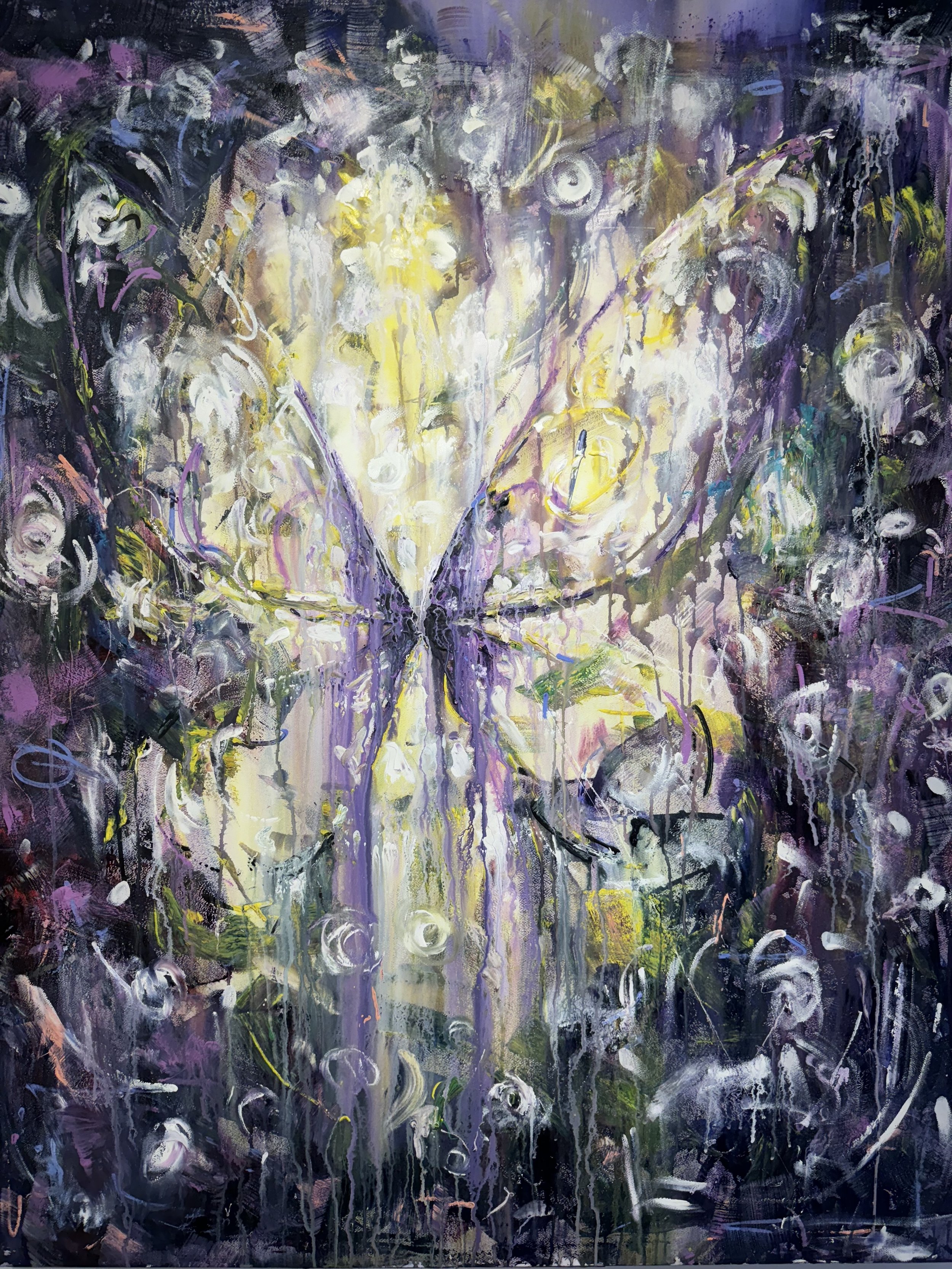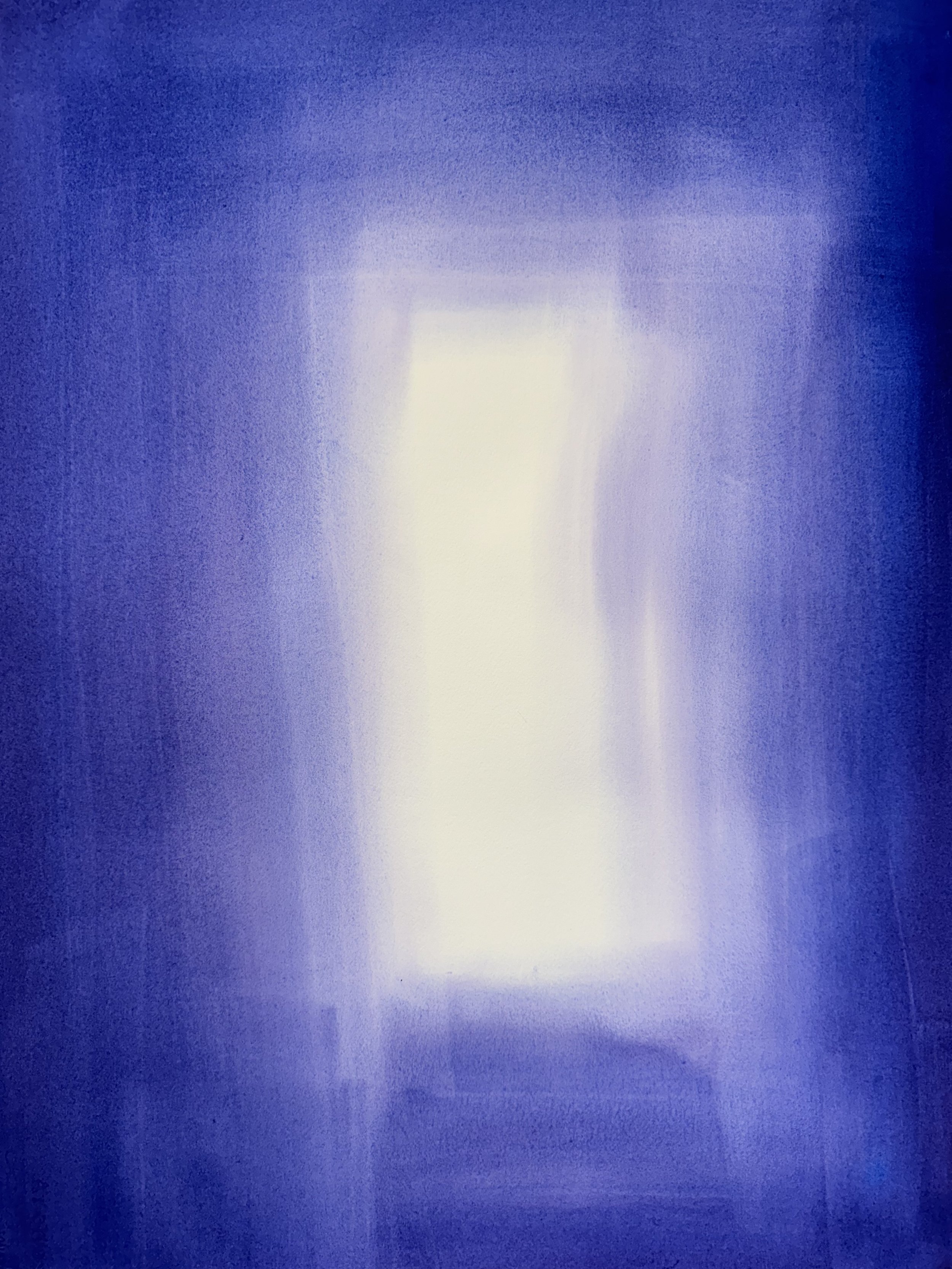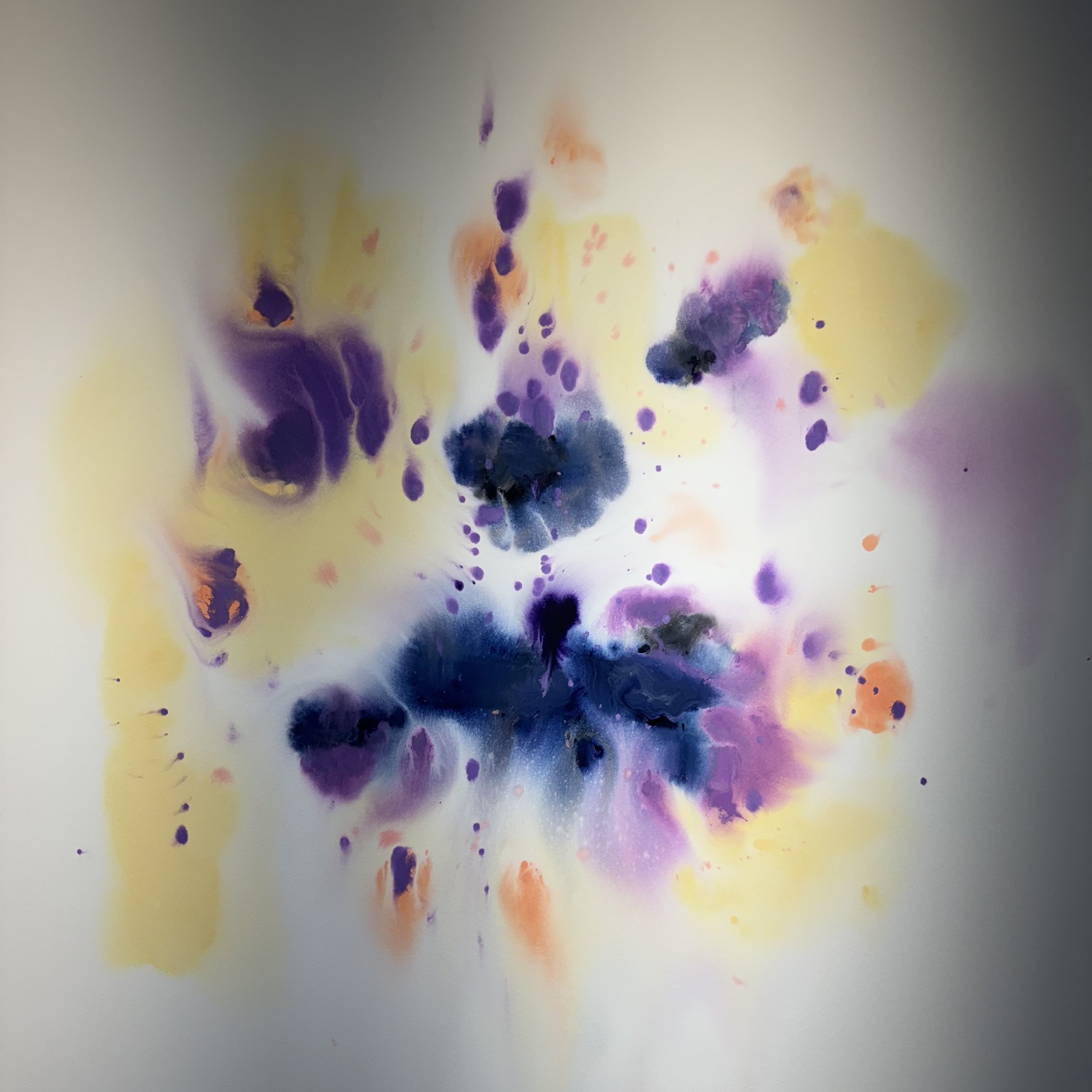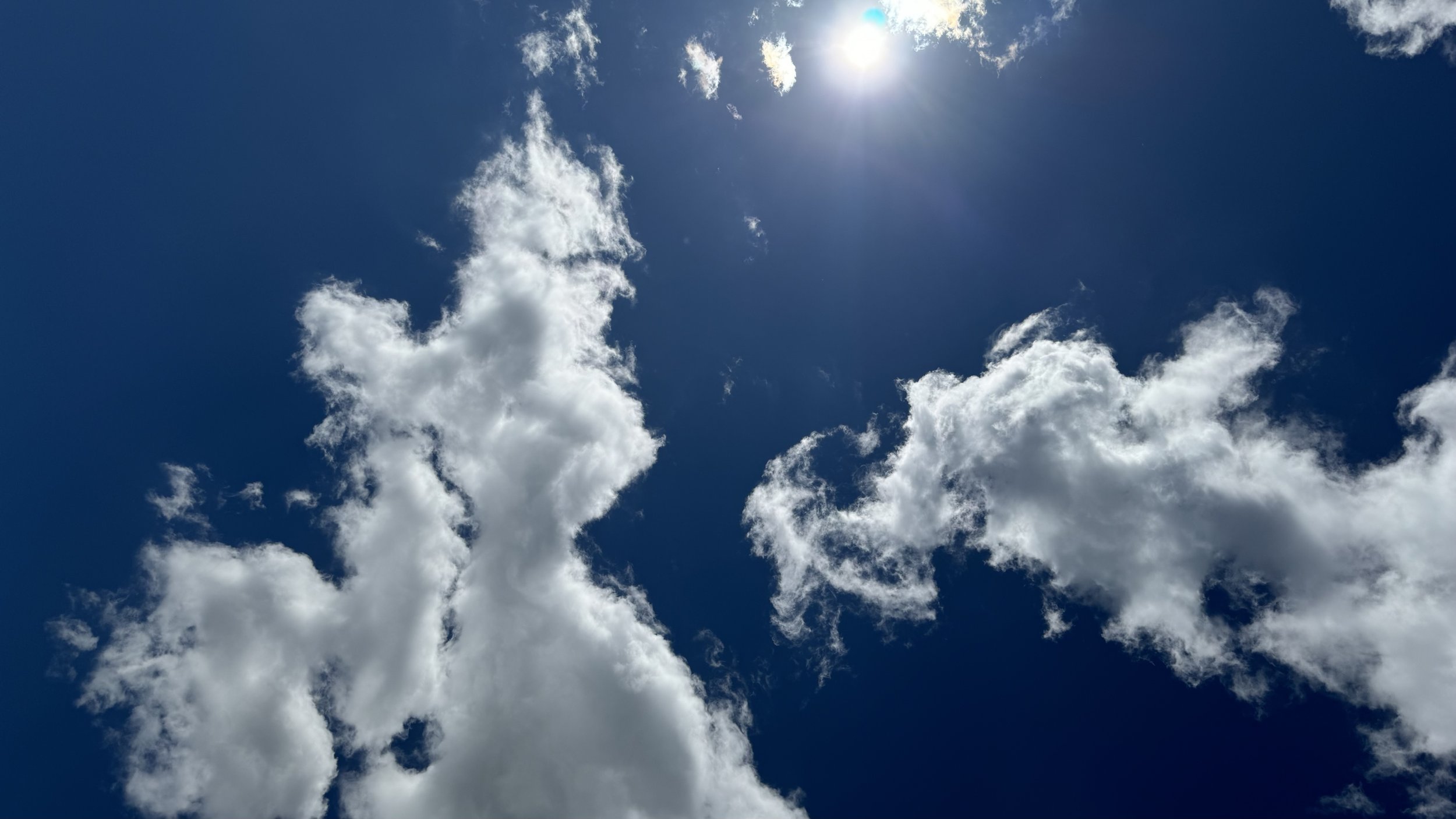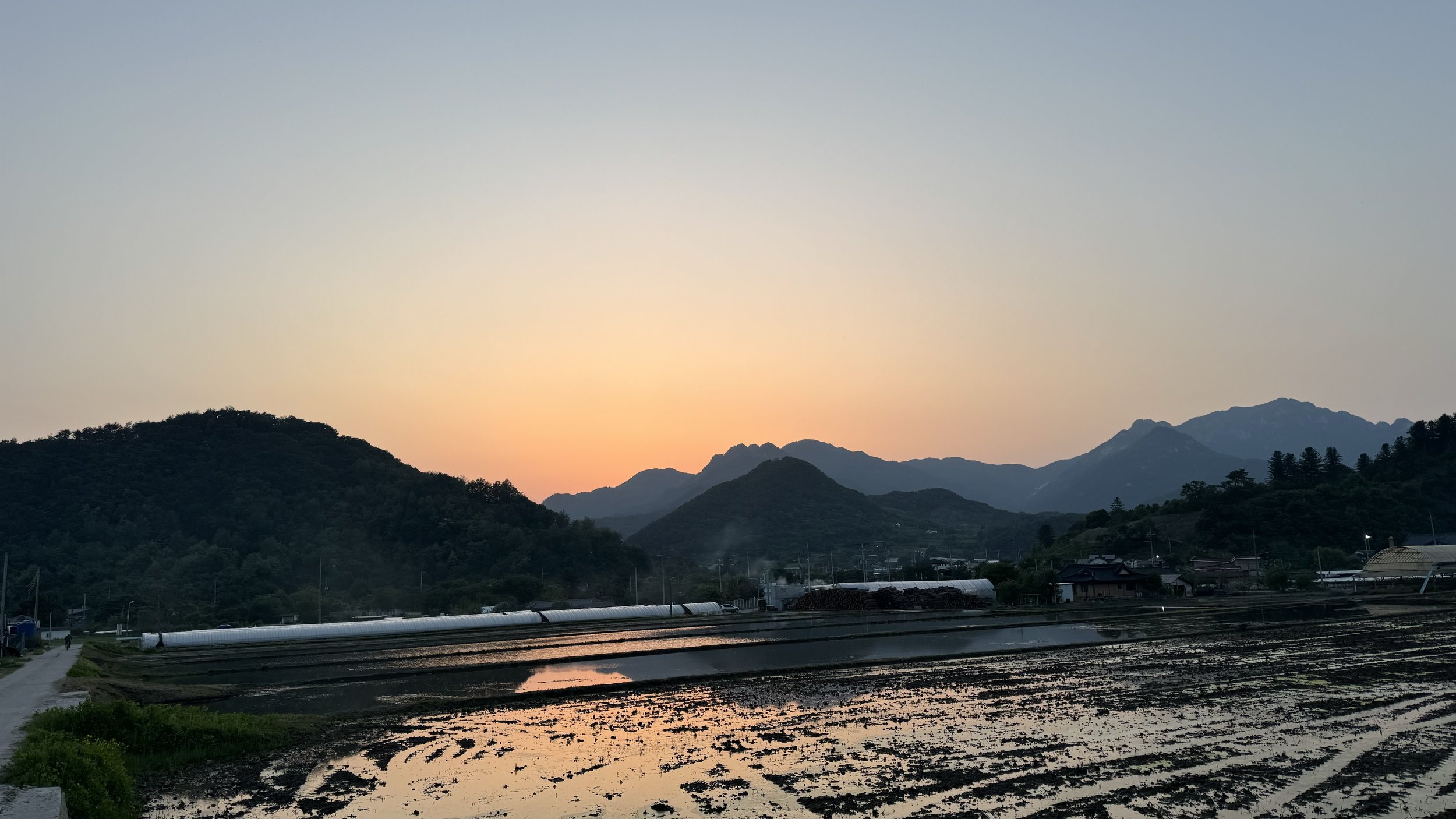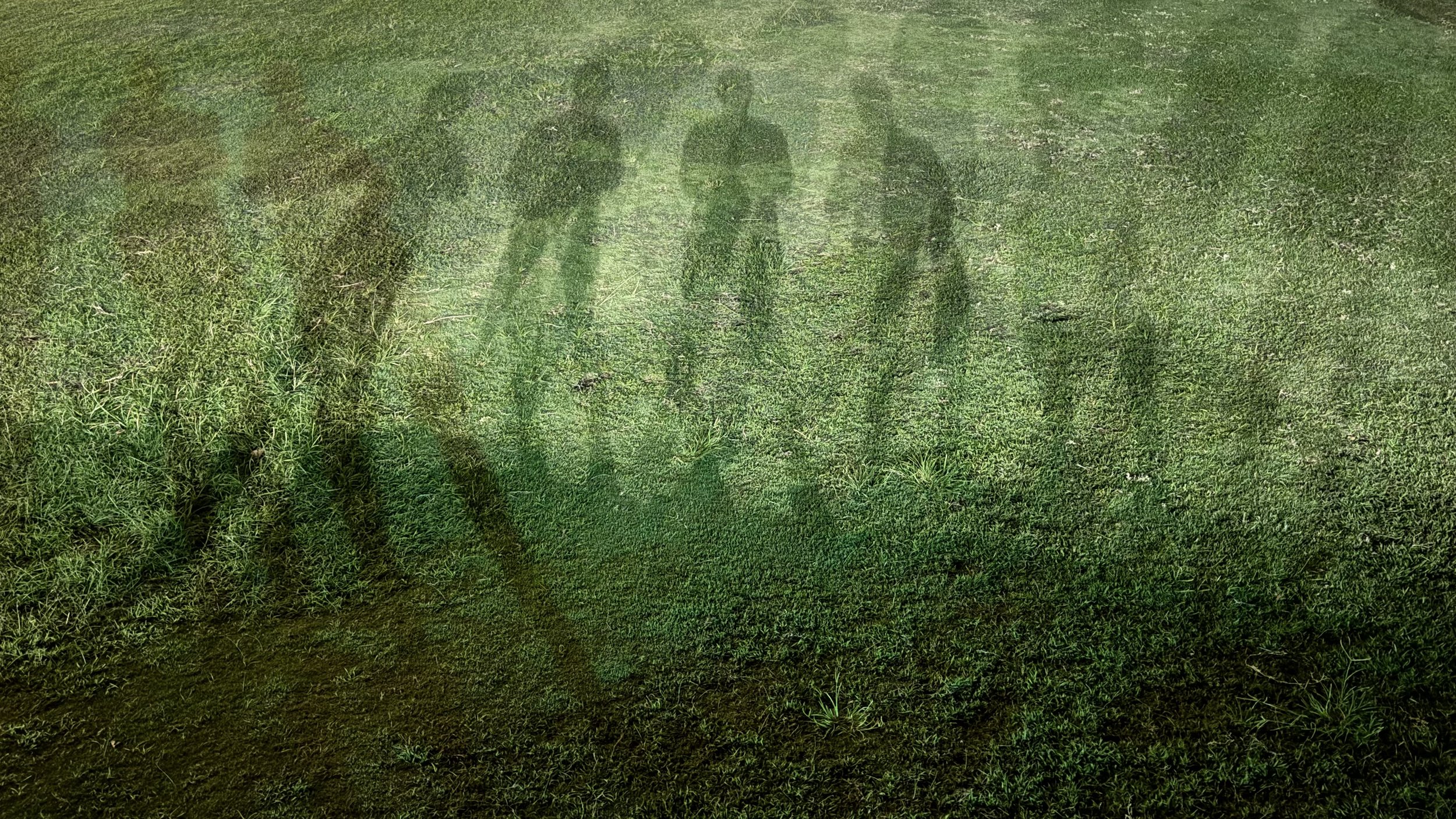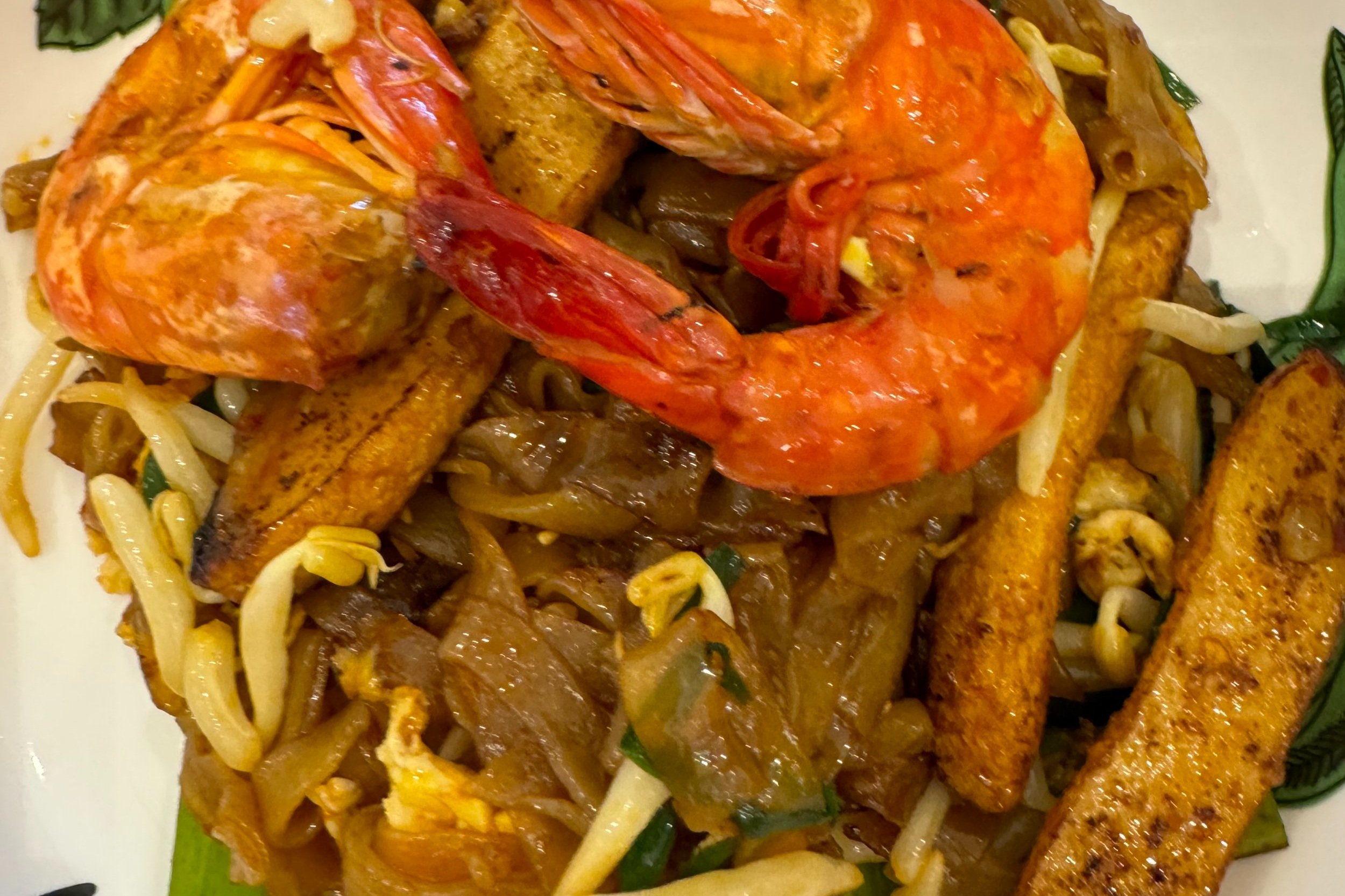BLAZING FRIDAY AND BEING STILL
At least once a week, usually starting on Friday late afternoon, a group of three families gather for the rhythmic celebration of what is called “Blazing Friday” (or TGIF or 불금 in Korean). True to our age, the only blazing thing about it is the warmth and the longing energy with which we come together. Having zoomed bi-monthly for more than a year during the height of the COVID-19 pandemic, intimacy through vulnerability and acceptance blossomed. At that time, two couples resided in the US, including us, while the other was located in Malaysia. We could not have known that we would all end up in Malaysia by the summer of 2024. Ludicrous and impossible were the thoughts at the time. We would not have come to Malaysia without the long-time residing family here. Having been here for more than two decades, they provided an anchor to our souls and practical help for a smooth transition to KL. In their mid-40s, they have three beautiful daughters, the oldest just leaving for college across the strait to Singapore. I did not ask but I am sure the father shed some tears after dropping her off. . . Two other younger siblings are right behind the first. I do not envy the father who will have to marry off three times. . .
They came to Band Barnabas’ Core training back in 2008 for a year in Pasadena, California after attending a weeklong seminar I led. Not knowing clearly what struck a chord with the husband, he dragged his young family to Pasadena against all odds, immigration control-wise. After a year with us, they shared with us that their lives had been so fundamentally shifted that they could not go back to Malaysia and live the same way. After having innumerable business trials, and failures, and accruing valuable lessons, they as husband and wife team run “business as missions.” Missions is not a task anymore, but incarnated life naturally oozes out of their lives. Remarkably and providentially, they are now settled and have entered the proper orbit of the export and import business world between Malaysia and Korea. The husband also successfully went through the School of Spiritual Direction recommended by my wife.
The other family (the husband, a Korean American) is still with my previous organization. For a considerable stretch of his time, he reported to me. In the brutal and over-the-top world of ministry and organizational mission, goals, and objectives, he was a safe harbor where I could be me and someone I could share with openly. I say brutal because, in the name of goals and objectives, people can become means to an end with an end being the organizational “success” which is man-made, to begin with. I have driven and drilled the same narrative and lived under the same. We dreamt and journeyed together as one, envisioning the same destination and path. Years ago, as my wife formed a guinea pig group to share what she was learning from the School of Spiritual Direction, he was a willing member. His wife, a prayer warrior and prophet, has prayed for me numerous times, especially during the trying season of my leadership. God gave them a son, a miracle child, five years ago. In their late 40s, they are willing and loving parents to their energetic son.
Our weekly pattern is simple, get together, eat, check-in, and get caught up. In a lightning fashion, the last family from the US found their rented home and settled in with all the modern amenities and necessities to do life. Celebration and amazement were our theme when they hosted us at their new house over the weekend. After enjoying Korean BBQ near their new home at a fraction of the cost and after clearing high security with a QR code and submitting ID, (I mean Malaysia already feels very secure and safe, to begin with) the gate finally lifted, and we entered a private community that completely resembled cookie cutter and meticulously manicured Irvine in Southern California. With my eyes betraying my senses minus humidity, I had to remind myself I was in the middle of KL.
The two families have begun to work and are trying to have us extend our stay in KL beyond next year as they see themselves here long-term. As we sense our stay in Malaysia as transient and our eyes are set on our next destination, Korea, preferably Yangpyeong, we remain curious and hopeful. The elusive question hangs as to when that time may be. In this liminal season of certainty and fluidity, questions, answers, and more questions, and hope and waiting hang our lives. Trying to be faithful to today and the future, without losing sight of one or the other, guides the current trajectory of our life. All in all, I am reminded that my particular season of liminality is couched under the big liminality that is my life here on this earth. It is like “a dream within a dream” akin to the movie Inception except in this case, it is a reality within a reality, perfectly orchestrated by loving God.
As we spent time in a group spiritual guidance session with friends back home, I sensed God speaking to me, “He’ll validate your life in the clear light of day and stamp you with approval at high noon.” (Psalm 37:5, The Message) I know we would not be where we are now unless we felt the stamp of approval from God. At the same time, the invitation, perennial at that, in the meantime is to “quiet down before God” or “be still before the Lord.” I replied with a big yes to God.
